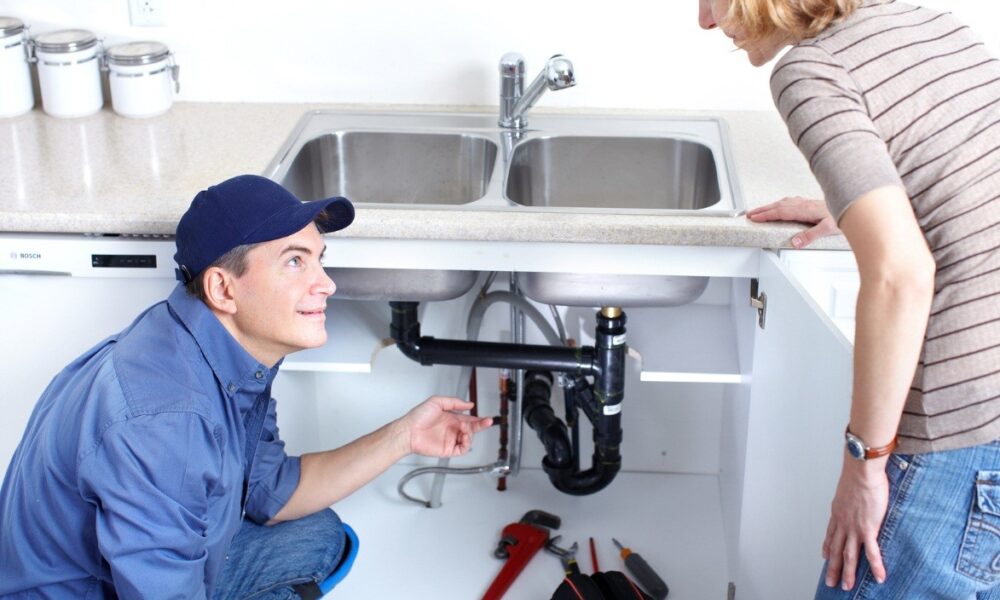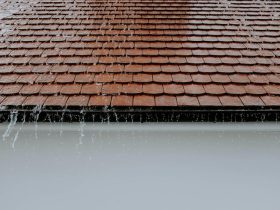Water is one of our most precious resources, yet many of us are guilty of taking it for granted and wasting more than necessary each day. With a few simple plumbing tweaks and habit changes, you dramatically improve your home’s water efficiency.
Check for Leaks
A small drip may seem harmless, but those drops add up to gallons of water lost. Make it a habit to periodically inspect exposed pipes, fittings, valves, and faucets. Look for wet spots or drops around joints. Don’t forget to check your toilet for silent leaks by putting dye tablets or a few drops of food coloring into the tank. If color appears in the bowl without flushing, you leak. A leaky toilet wastes 200 gallons per day! If you find any leaks, call your plumbing solutions provider as soon as possible. Newer water fixtures like low-flow showerheads, faucets, and toilets have come a long way in terms of performance.
Replacing your old devices with water-efficient models reap significant savings. Low-flow showerheads restrict water flow to 2.5 gallons per minute, while still providing satisfying pressure. High-efficiency toilets use only 1.28 gallons per flush, versus older models at 3.5 gallons per flush. Bathroom and kitchen faucets now have aerators to maintain pressure using less water. Install a few of these devices to see a measurable dip in your water bill.
Maintain plumbing
Keeping your plumbing in top shape optimizes water flow and prevents leaks. Schedule annual water heater maintenance to keep it running efficiently. Have your plumber in Rose Bay check pipes and supply lines to catch problems early before major leaks or bursts occur. Ensure you have adequate water pressure but not so strong that it’s wasting water. Install pressure-reducing valves if needed. Keep drains clear of blockages and your sump pump operating properly. Preventing backups helps eliminate water waste.
Insulate pipes
Insulating both hot and cold water pipes reduces heat loss and prevents freezing in winter. It keeps running water hotter and eliminates the need to let taps flow until the temperature warms up. For hot water pipes, choose insulation wraps designed to withstand high temperatures like fiberglass or foam sleeves. Protect cold water pipes from freezing with specially formulated insulating foam wraps. Proper insulation also reduces pipe corrosion and protects against bursting. Your local plumbing company recommends the best insulation for your home’s plumbing.
Upgrade irrigation systems
If your home has an automated irrigation system for your lawn, it may need upgrading to prevent excessive watering. Older sprinkler controllers lack the smart technology of today’s water-saving models. New irrigation controllers tailor watering schedules and amounts to changing weather and lawn conditions. Features like moisture sensors prevent over-watering by shutting off the system when the ground is already wet. Have your sprinklers professionally checked to identify and fix broken or misdirected water heads. Position heads to avoid spraying paved areas.










Leave a Reply